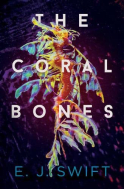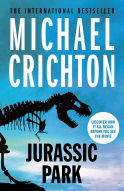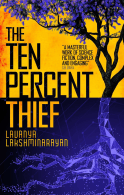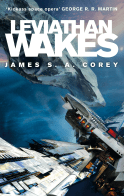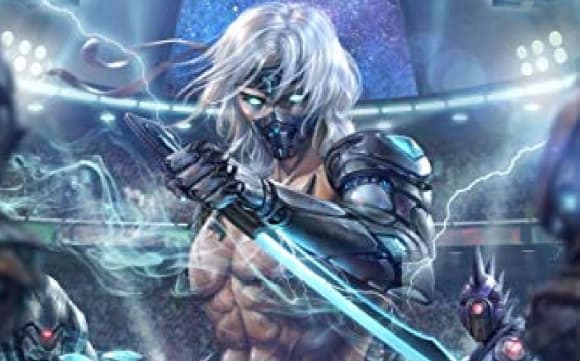
Otherland Book Recommendations Science Fiction Summer 2023
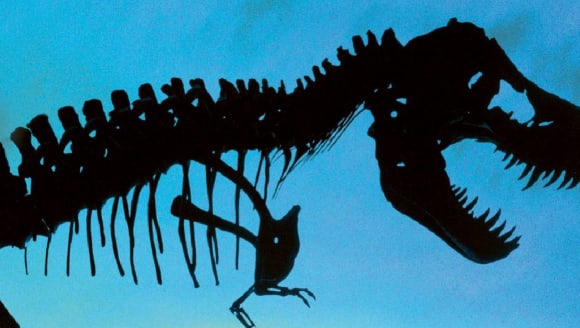
Otherland, 10.08.2023
Regularly we bring you book recommendations from the Otherland Bookshop Berlin. And this time we have once again recommendations in English. Since the English book market is so much bigger than the German, not every book can be translated. This article is for those of you who although read in English.
Izumi Suzuki | Hit Parade of Tears
Verso Fiction: 16 Euro
Absurdism (noun)
Ab-surd-ism
a philosophy based on the belief that the universe is irrational and meaningless and that the search for order brings the individual into conflict with the universe. (Merriam-Webster Dictionary)
Most famous books featuring Absurdism: Albert Camus’ The Stranger, Kafka’s The Trial…and most definitely Suzukis Hit Parade of Tears. Izumi Suzuki was an Actress, Model and Science Fiction Author of the 70s in Japan.
„Reico laughed. It wasn’t like her to think about stuff like time. Dwelling on the metaphysical wasn’t really her style. Other people didn’t see her as ‘deep’ either.“
Her protagonists are usually nihilistic women talking in the first-person point of view and the supporting characters seem like superficial additions, with the only task to show the hollowness of modern society. Men are usually middle-aged, balding, prone to brag and with unhealthy attraction towards underage girls. The stories show the dangers and isolation of modern technology, sociopathic people and unhealthy relationships.
So why would I recommend this book, which I actually do all the time? I love how Suzuki manages to insert science fiction tropes like space and time travel, dystopias and even a little cyberpunk into her densely written short stories. It has a strong feeling of magical realism, but in this specific case with an incredible depressing reality. Sometimes I looked up, and didn’t realize for a minute, that I was reading Science Fiction at all. It feels absolutely contemporary, like written yesterday and not in Japan in the 70s. Usually I’m more into flowery language but her cold way of writing really got me, with no word too much and many mysteries embedded in the text itself. Sometimes the reader tries to distinguish if the protagonists were hallucinating or if they actually had contact with aliens, who died 5000 Years ago.
Big recommendation, but don’t read it if you need something wholesome or are mentally in a bad place. Maybe read some Becky Chambers simultaneously to balance things out.
E. J. Swift | The Coral Bones
Unsung Stories: €13
Our book club favourite from a few newsletters past was Ned Beauman's Venomous Lumpsucker, a choleric assault on 21st-century environmental ethics and a bleak if darkly comic glimpse into a very real near-future where we have well and truly buggered the planet up (pardon my French). Sort of Douglas Adams' Last Chance to See but with real-time extinctions.
Hot on Beauman's heels comes The Coral Bones by E. J. Swift. Here the characters have a similar plight: the general mismanagement of the planet by humans and resulting biological desolation. Over three separate timelines we follow three plucky scientists attempting to fight against the tide of climate change. Present-day marine biologist (snap!) and all-round coral enthusiast Hana tries to find some way to save the Great Barrier Reef from imminent destruction. Nineteenth-century Judith follows her naval captain father onto the high seas on a voyage of discovery and danger (snap!). And in the future, Telma Velasco scours the poisoned planet for a superbly rare sea creature (snap!): a leafy sea-dragon - it's a type of seahorse, fantasy fans, sorry.
Three super female scientists and a significantly more hopeful outlook than you would expect from the blurb. This one will stick around in your head.
Michael Crichton | Jurassic Park (30th anniversary)
Cornerstone: €13
I recently had the pleasure of walking around the Natural History Museum in London. Last time I was there as an 8-year-old there was an animatronic Deinonychus, a fearsome Cretaceous pack hunter with tiger-striped scales, a cyclical claw, and all the speed of an African hunting cat.
This time there was also an exhibit on Jurassic Park, the film adaption of which turned 30 this year. I was encouraged to go buy and re-read one of my favourite books of the 90s (my original copy has been devoured so many times it is missing the front cover and the spine is held together with tape).
For anyone unfamiliar with the plot: scientists have created a prehistoric game preserve, populated with dinosaurs brought back from extinction with new genetic technology. Behind the marvel lies dark secrets, however, and when the park's security system is hit by string of bad luck, the workers and guests find themselves battling for survival. Jurassic Park is first and foremost a parable, a warning on the dangers and ethics of biotechnology and the idea of billionaire entrepreneurs playing God (sound familiar?) 30 years on, it is interesting to see what has aged (namely, the tech!) but also interesting to see how well the basic plot and the tension of the book holds up. It works well as a sci-fi thriller, if a little dated in its character interactions, harking back to the golden age of US nuclear family sci-fi drama of the 50s and 60s. The descriptions of the dinosaurs themselves remain awesome, in the true meaning of the word, and varying from the tactile to the elegant, gruesome to powerful. The real-life inspiration behind the characters is fascinating in hindsight too: Alan Grant, for example, is based on paleontologist John Ostrom, who introduced the world to Deinonychus, the inspiration for those clever, door-opening Velociraptors.
From Timeline to Congo, Prey to The Lost World, Crichton was a giant of turn-of-the-millennium science fiction. And with the posthumous excavation of Westworld and the modern Jurassic World trilogy, it seems he continues to influence the face of modern sci-fi. 30 years on and the scientific validity of his warm-blooded, quick-thinking, avian dinosaurs is stronger than ever. Back in the Natural History Museum, this time around the Deinonychus was covered in soft, downy feathers and looked, if possible, even scarier. Intelligent. Bird-like. Like a six-foot turkey.
[Tom]
Lavabya Lakshminarayan | The Ten Percent Thief
Solaris: 34 €
The story takes place in Apex City, known in our times as Bangalore. The city's society now is built on the meritocratic system and your place in it is decided by the Bell Corp. and the Bell curve - if you have the right opinion at the right time and your individual productivity and the virality of social media posts help you to improve your score, you can be propelled toward the upper tail of the bell curve.
You can become one of the ten percent, the absolute elite, the technocratic caste. The Elites are implanted with a chip that monitors their thoughts and nudges them toward making decisions favorable for Bell Corp. If you don't make it, you are probably one of the Seventy Percent, working the necessary jobs, or you fall down the ladder to the precarious Twenty Percent and even worse in the realm of the Analogs who have no way to satisfy their basic needs, and are often harvested for their organs. And if you are not giving your best, it can happen to you.
The short stories of the Ten Percent Thief are interconnected, shifting perspectives with both first- and third-person narration among a diverse set of characters from both the Virtual and Analog worlds.
If George Orwell had been Indian and lived in Banaglore, he would have written The Ten Percent Thief instead of 1984.
James S.A. Corey | Leviathan Wakes - The Expanse #1
Little, Brown Book Group: €14
So, not exactly a new book, and not exactly an insider tip, but I finally got around to reading the first Expanse novel (I've never even seen the streaming series, because duh, you NEVER watch the series before reading the books!), and I think it's worth reminding everyone that it is, well, pretty perfect. What's more astonishing is that it actually has no business being that perfect, but it still is.
I mean, it takes elements from franchises like Alien and Firefly and even from the zombie craze, weaves them together with some pretty solid hard science fiction and gritty solar system politics, adds a big helping of Blade Runner noir (I mean, come on, the main protagonists are called Holden and Miller, and the latter one is a cop who, as the novel progresses, is living increasingly by his own law) ... and still, it doesn't feel cobbled together or derivative. More like ... distilled. It really feels like the essence of science fiction at a certain point in time; not aesthetically radical in any way, but still willing to be about a lot more than starships and explosions and willing to go where it hurts, where it matters. And if you don't at least slightly fall in love with the crew of the Rocinante, you're missing out on one of the best fictional relationships you'll ever have. Really, from now on, I'll probably start giggling uncontrollably every time someone says "Could you pass me the pepper?", and when you've read it, you'll know what I mean. [Jakob]
